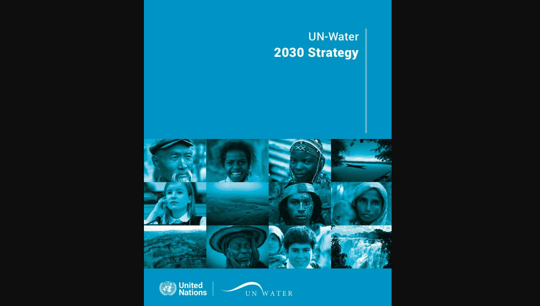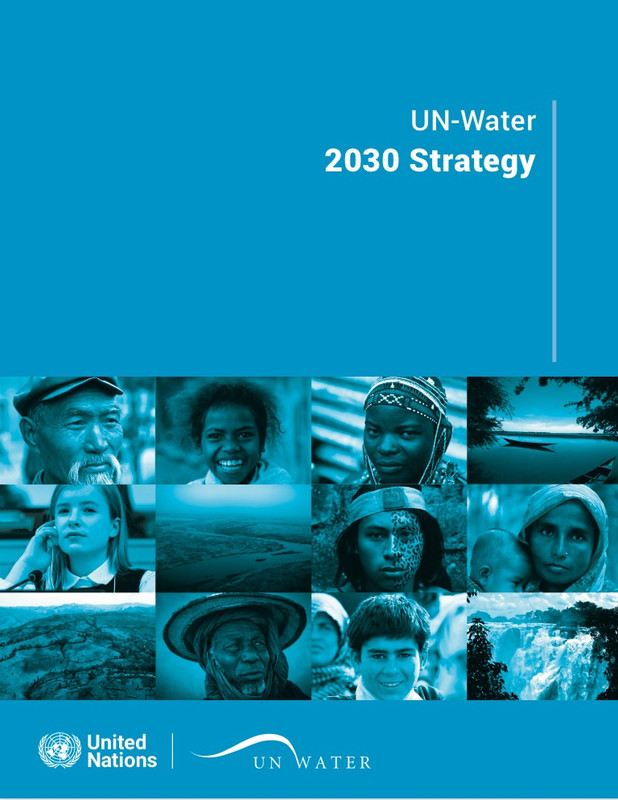UN 2030 Water Conference First Stakeholder Online Briefing

By Hanna Tuoriniemi, HAF Intern and University of Michigan Student

Water has a complex relationship with the Sustainable Development Goals. On one hand, water is a necessity that everyone deserves access to. However, water can also be dangerous in terms of climate change, when we experience an increase in flooding and hurricanes. How will we balance this fine line between too little and too much water? This enormous question will be answered during the UN 2023 Water Conference.
The First Online Stakeholder Briefing for the event took place on June 15th. The briefing previewed how the Water Conference will be structured and the importance of holding the event. The conference will be guided by three pillars: everyone will be involved, there will be solutions proposed for many, and the solutions will be utilized to create impact.
The 2nd Dushanbe Water Conference was a preview for a similar context that will be implemented during the 2023 Water Conference. The event highlighted actions that must be taken in the Water Decade. Henk Ovnik also indicated that the event proved that there is a willingness for stakeholders to come together and act. The story of Mina Guli, a runner who is an advocate for water, was told. Guli has started the mission to run 200 marathons in 12 months, ending during the conference. If Guli can achieve this massive feat, then we can achieve a solution to all water-related issues.
The 2023 Water Conference will decide what we must continue doing and what we must change in terms of dealing with water-related events. The event must challenge its current framework and create new initiatives that will provide water equality and protection from water-related disasters.
The High Atlas Foundation is fully committed to assisting rural communities in Morocco in achieving their water provisional, infrastructural, and management goals. HAF builds with farming communities drinking water systems, including ones based at schools. Further, HAF supports water for irrigation infrastructure for both organic fruit tree nurseries and fields of cultivation, especially such initiatives entirely managed by women’s cooperatives.